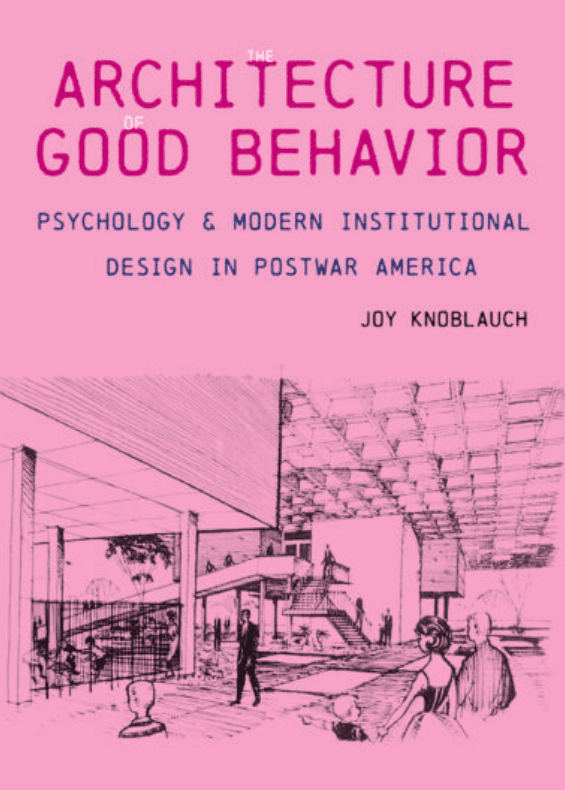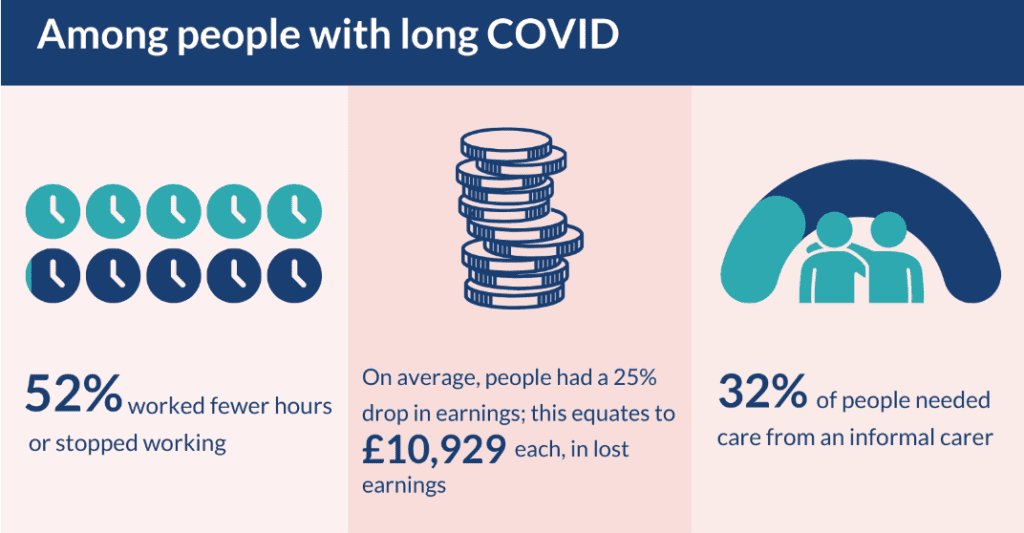Archive for October 2024
Targeted transfers, a left-wing policy? The impact of left-wing governments and corporatism on transfers to low-income families (1982–2019)
Race, Lived Experience, Representation, and Discrimination: Analyzing the Representative Capacities of the Racial Majority
Suicide Screening and Care Help Lead to Recovery
Neighbouring for climate: a toolkit to inspire climate action with your neighbours!
The unpleasantness of thinking: A meta-analytic review of the association between mental effort and negative affect
The Architecture of Good Behavior: Psychology and Modern Institutional Design in Postwar America

Positive Action (teach coping and problem-solving skills, Create protective environments)
Adolescent Firearm Suicides in the United States: Exploring Racial and Ethnic Differences, 2004 to 2020
The renaissance of the essay
The Association of Substance Use Before Sex and Condomless Sex: The Moderating Effects of Sexual Risk Behaviors, Perceived Sex Approval, and HIV/STI Risk Perception Among Youth
Researchers experience and views on participants’ comprehension of informed consent in clinical trials in Malawi: a descriptive qualitative study
Parent capability: A factorial survey experiment on the duration of parental leave
Experiences of students with chronic illness in university education in Ireland
Tackling health inequalities through English devolution
“They Slow Me Down”: Peer Relationships, School Fights, and the Criminalization of Black Adolescent Development Through School Discipline Policies
The Relationship Between Trait Emotional Intelligence and Problematic Social Media Use
Climate change impacts and intimate partner violence in Sub-Saharan Africa
Cluster randomized controlled trial of a phone-based caregiver support and parenting program for Syrian and Jordanian families with young children
Power and positionality in the practice of health system responsiveness at sub-national level: insights from the Kenyan coast
Influence of Daily Coping on Psychological Stress: A Multilevel Modeling Approach
Integration of artificial intelligence by the Central Board of Secondary Education in India: towards innovative teaching and learning practices
Ongoing Teacher Support for Data-Based Individualization: A Meta-Analysis and Synthesis
Community-Based Residential Relocation in Middle and Older Age: A United States–China Comparison Study on Its Predictors and Associated Mortality Risk
Pact for the Future, Global Digital Compact, and the Declaration on Future Generations [UN]
A Meta-Analysis of Single-Case Research on Technology-Aided Reading Interventions for Students With Autism Spectrum Disorder
Transitioning an In-Person Survey of Older Adults to Multi-Mode Data Collection
Attributes of multiple concurrent functional gastrointestinal disorders in female university students in South Korea
Similarities Across Difference: Consequences of Intersectional Sexual Stereotypes for Black and Latinx Women and Men in the United States
Palliative care in patients with hepatocellular carcinoma: Results from a survey among hepatologists and palliative care physicians
Innovations and illustrations of digital teaching practice in Australia during the pandemic: variations on a theme
Effectiveness of the SKILLS Program in the Management of Psychiatric Disorders (P-SKILLS)
Population age structure dependency of the excess mortality P-score
Guidelines for Achieving Compliance with Medicaid and CHIP Eligibility Renewal Timeliness Requirements Following the Medicaid and CHIP Unwinding Period
Meta-analysis of the effect of exercise intervention on cognitive function in elderly patients with type 2 diabetes mellitus
Contributors to Underdiagnosis of ADHD among Asian Americans: A Narrative Review
Marked by Association(s): A Social Network Approach to Investigating Mental Health-Related Associative Stigma
A matters arising: a structural equation modeling approach to investigate HIV testing willingness for men who have sex with men
‘It is a kind of marriage’: When Denmark held the first ever same-sex civil unions

What Helps Muslim American Youth to Thrive? The Role of Maternal Promotion of Volitional Functioning and Religiosity in their Civic Engagement
Criteria for Using the Child and Adult Core Set Measures to Assess Trends in State Performance in Medicaid and the Children’s Health Insurance Program
Asian American Feminisms: An Unapologetic and Restive Praxis
The neurofunctional basis of human aggression varies by levels of femininity
Consistency Between Administrative Health Records and Self-Reported Health Status and Health Care Use Among Indigenous Wayuu Health Insurance Enrollees: La Guajira, Colombia
Investigating the relationship of theory of mind and empathy with neuroimaging, neuropsychological, and neuropsychiatric data in persons with multiple sclerosis
A Family-Based Intervention for Early Elementary Students With Reading and Behavioral Difficulties: A Pilot Study
How much does long COVID cost individuals, informal carers, and society?
